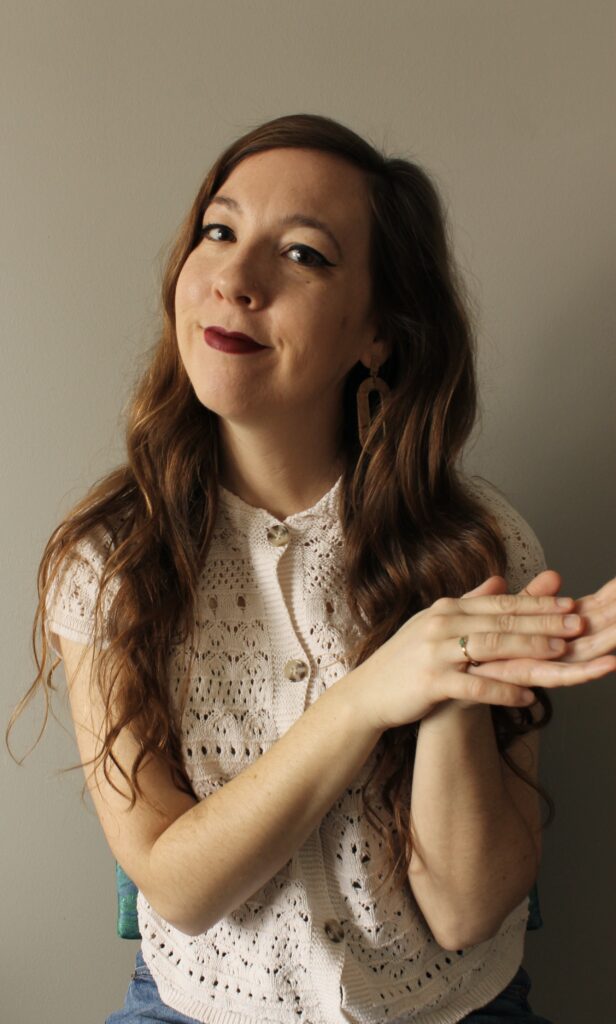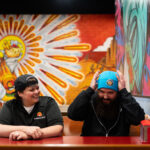Writing teaches me to be bold. It’s a free pass to seek out people who can help me learn about topics I’m interested in, to talk with compelling people and to ask questions I’m wondering about. It helps me to step outside of my comfort zone, to act on my curiosity. And that transfers to other areas of my life, too.
It’s also a practice rife with risk and rejection. A large part of the work I do with flourish involves reaching out to people to ask if they want to be a part of a dream I have for a story. It can be scary to share my vision, to open it up to being shot down, sneered at or changed. It can be intimidating to own my own role in using all I have within myself to do my part to bring the feeling of an idea to fruition, to admit I don’t have all of the answers and might be human, too.
Through it, I learn I need others to help me make things true; I need their visions and skills and perspectives to refine and make ideas stronger than I could have imagined them on my own. I need people to call me out when I’m wrong, to be honest, to tell me no. It can’t happen unless I first invite people in through asking.
Because every question in life really boils down to this one: Will you help me? It’s a vulnerable place to be, this position of changing and being changed, and it’s one, I believe, our souls crave. It is an area of discomfort, and it leads to adventure.
So, in this interview issue, we ask people questions. We ask three people we admire to each have a conversation with someone they admire, so we can meet other cool people in our community. We ask a woman named Charlotte Craig and a woman named Charlotte Craig to meet each other and spend an afternoon together, so we can learn about the uncanny similarities they share, as well as what makes them unique. And we ask people who love houseplants to tell us stories about their collections, so we can more deeply understand what draws people to care for flora. We hope these stories encourage you to risk asking questions of the people around you, because asking often leads to interesting insights, and our lives become richer because of it.
I always tell the students I work with to ask for the things they want in life. People aren’t mind readers; others can’t know a desire you have unless you speak it out loud. So, give voice to your inner world. Claim it for yourself. Take responsibility for ushering the things you want into being. Whether it’s a raise or a date, an opportunity or a friend, be strong and courageous — love is with you wherever you go.
This confidence comes from humility: The answer might be different from what we hope, and if it is, that is OK, too. It’s about holding our expectations with open hands and believing enough in our desires, contributions and worth to offer them to others, regardless of what their reaction might be. It’s risk that comes from knowing who you are and also from having faith in figuring it out along the way. It is a practice in affirming others’ free will to move towards or away from us; after all, the grace of freedom for the other is love.
And rejection is a part of life. It doesn’t mean you’re failing. It means you’re trying, which means you’re on the way to succeeding. And that is a beautiful thing.
So, dare to speak your desires into being. Bring people into them who can help make them real. Connect with others and have the boldness to ask.
The answer might be “no.”
But it also might be “yes.”
Joy,
Mia


